Life moves very quickly, and we always forget to check in with ourselves, between deadlines, relationships, and daily responsibilities, our mental health can take a backseat.
But paying attention to early warning signs can prevent more serious issues down the road, and knowing when to step back and focus on your mental well-being is important for maintaining a balanced, fulfilling life.
Disclaimer: Make sure to consult a professional before coming to any conclusions.
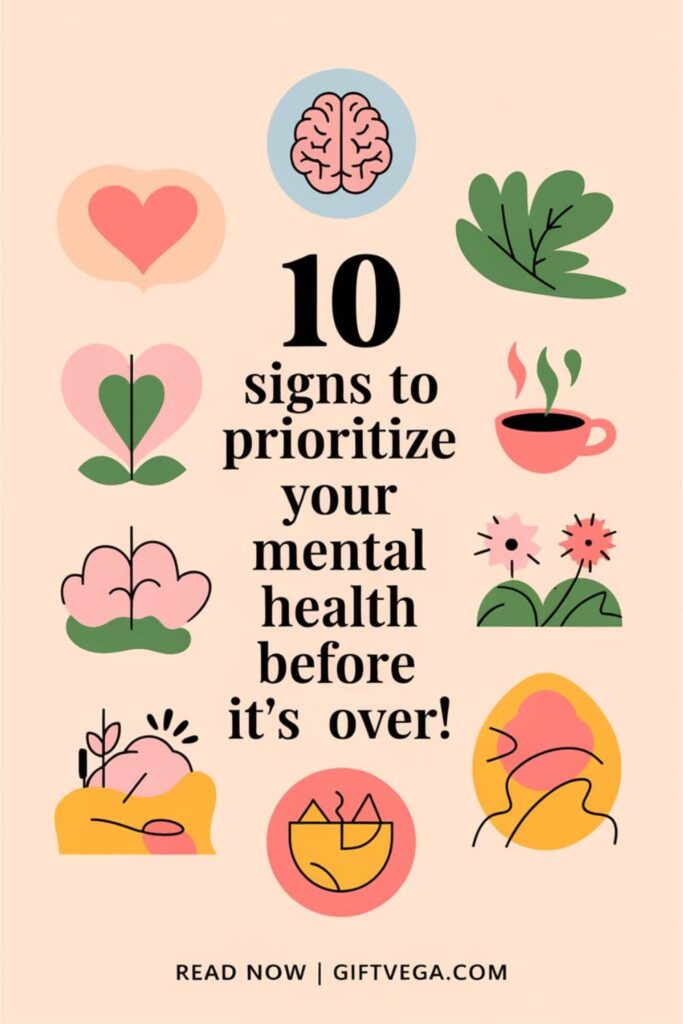
Signs to Prioritize Your Mental Health
1. You’re Using Unhealthy Coping Mechanisms
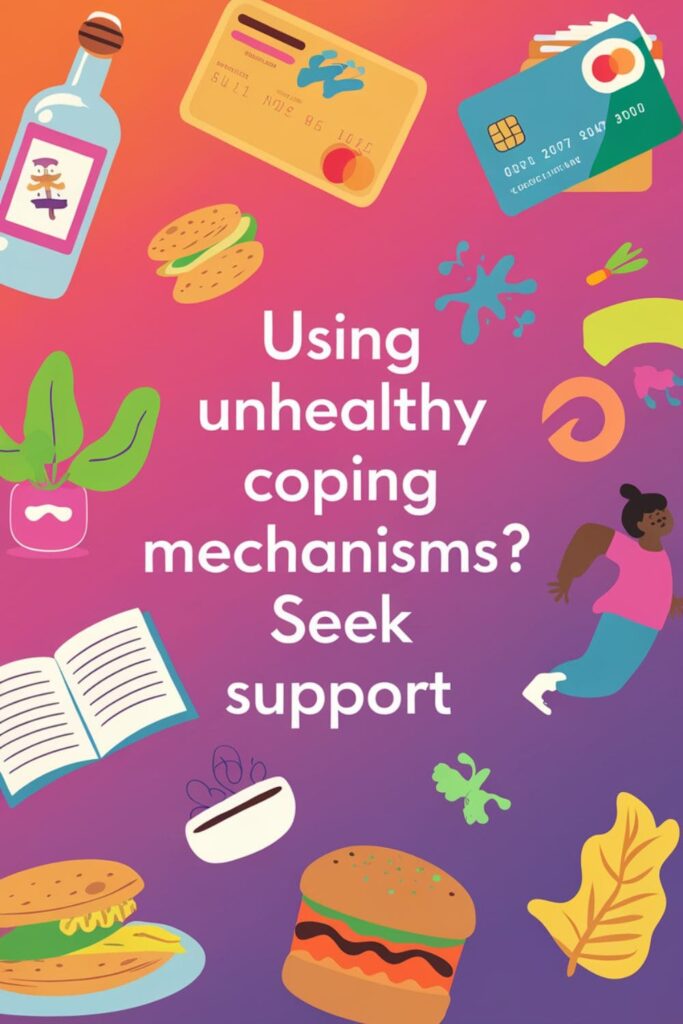
We all have ways of dealing with stress, but if you find yourself reaching for alcohol more often, spending money you shouldn’t have, or using other potentially harmful methods to cope, immediately take notice.
These behaviors often mask deeper mental health needs that require healthier solutions.
2. You’ve Lost Interest in Things You Used to Enjoy
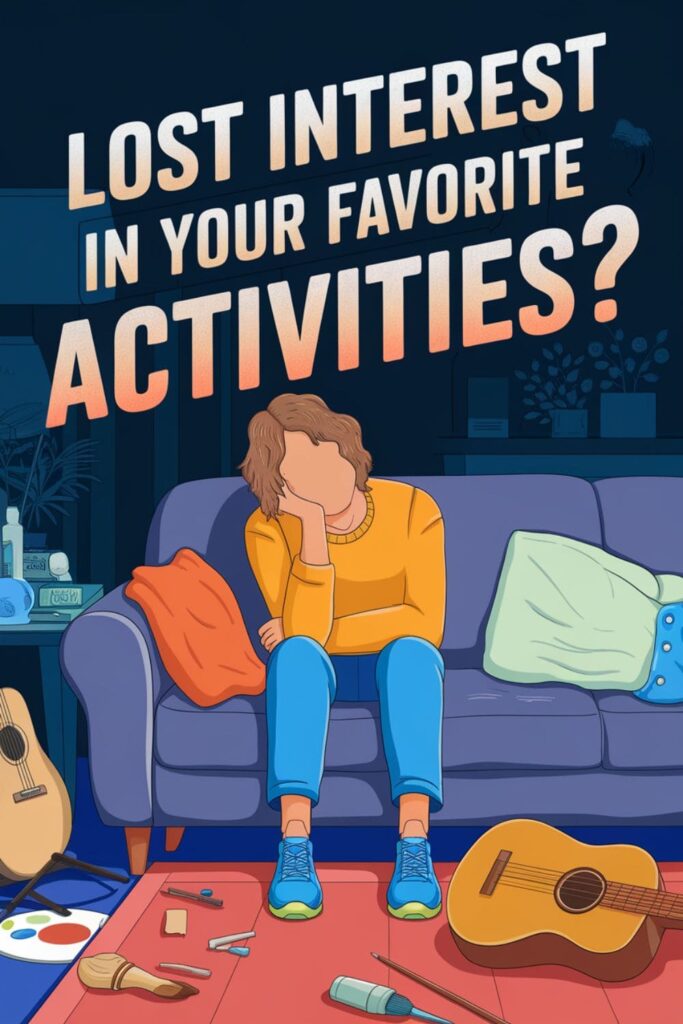
Remember that hobby you were passionate about? When was the last time you did it? Loss of interest in activities that once brought joy is a clear bright red flag.
Maybe you’re too tired, or it just doesn’t seem worth the effort anymore. This withdrawal from pleasurable activities often signals that your mental health needs some care.
3. Your Relationships Are Suffering
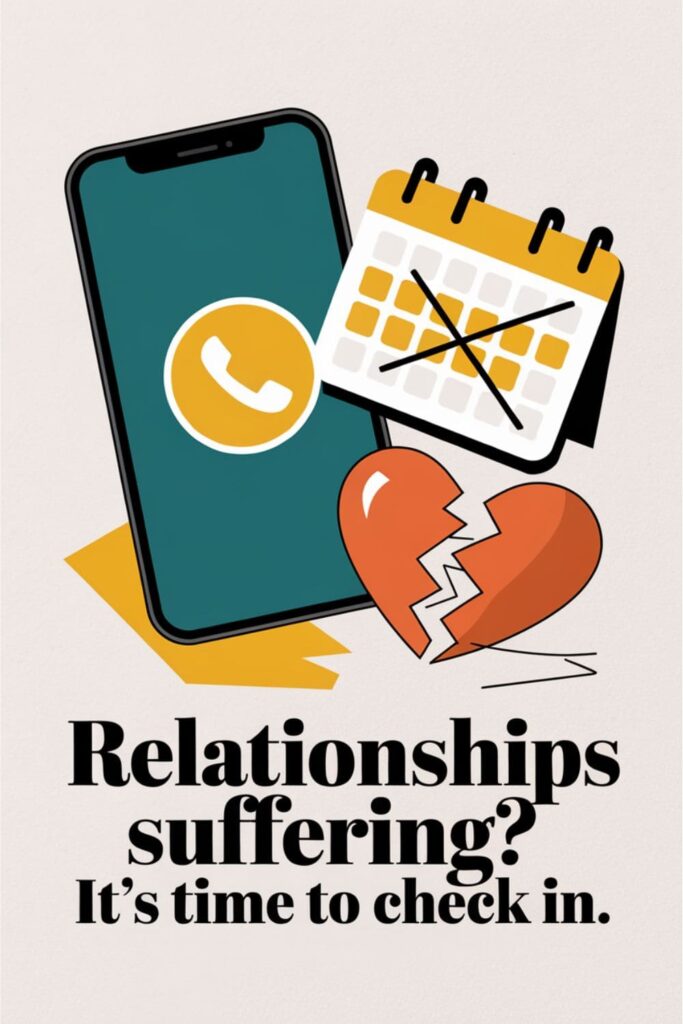
Healthy relationships always require emotional energy, and when your mental health struggles, maintaining connections becomes harder.
You might find yourself canceling plans more often, and avoiding calls from friends, or even picking fights with loved ones. If you notice patterns of isolation or conflict in your relationships, it’s time to look deeper.
4. You Can’t Focus at Work
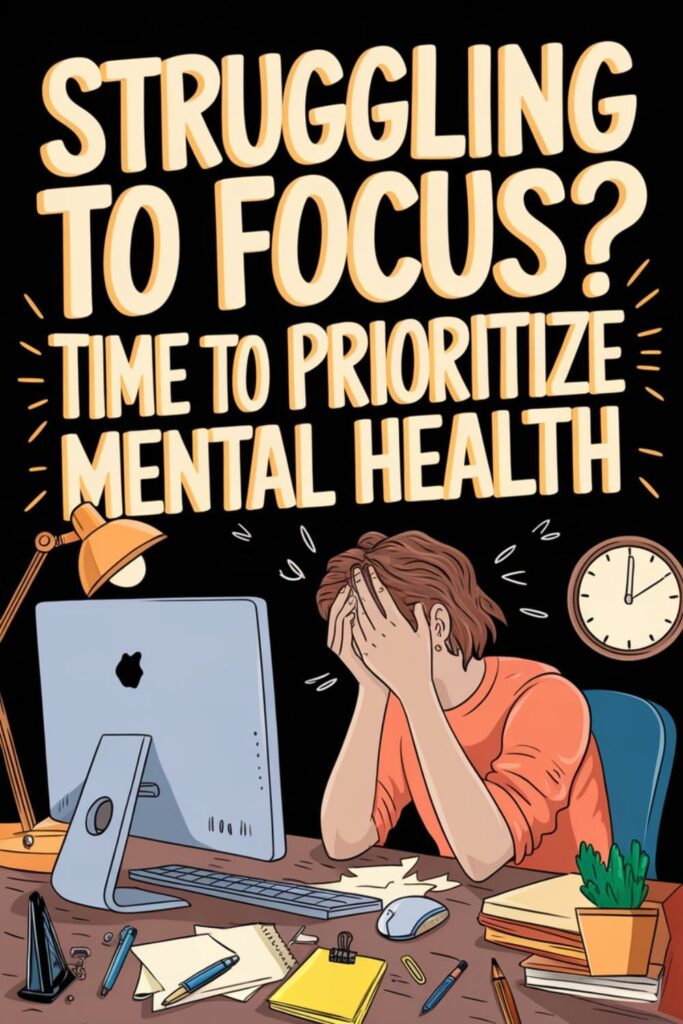
Brain fog is real, especially for mindless scrollers. Tasks that used to take an hour now consume your whole day, you read the same email three times and still don’t absorb its meaning.
When your concentration consistently fails you, it might be more than just a productivity issue, as mental health challenges often manifest as difficulty focusing or making decisions.
5. Your Personal Hygiene Has Declined
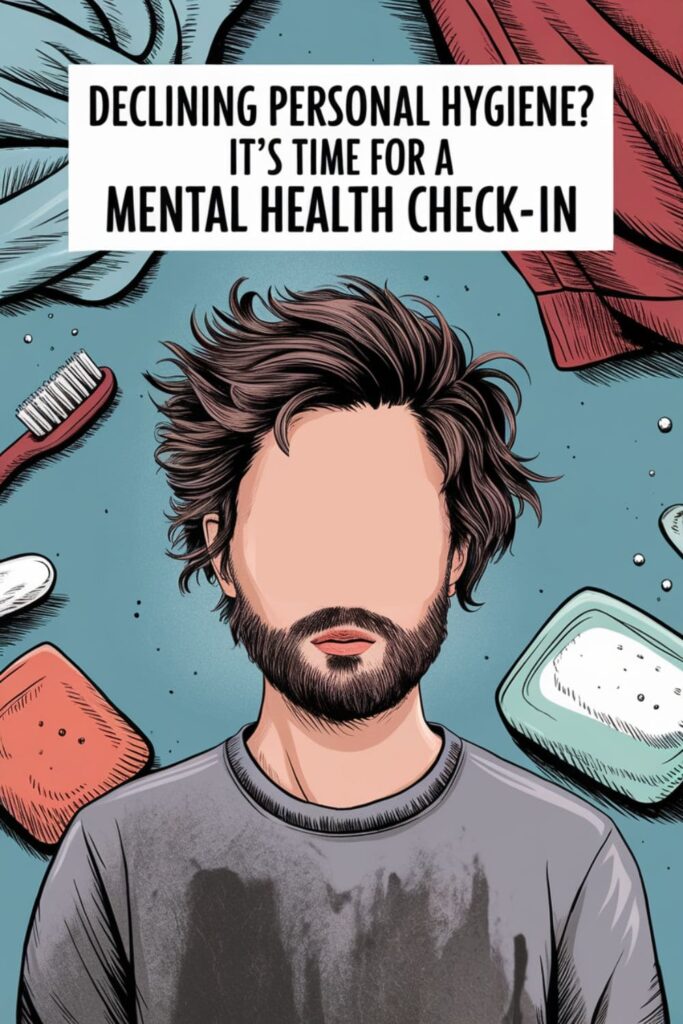
When basic self-care starts slipping, it’s often the time for help some. Maybe you can’t remember the last time you brushed your teeth before bed, or you’re wearing the same clothes for days on end.
These changes might seem small, but they’re significant indicators. Personal hygiene isn’t just about staying clean, it also reflects our self-worth and emotional capacity to care for ourselves.
Related: 10 Ways to Identify and Overcome Burnout!
6. Your Inner Dialogue Has Become Increasingly Negative
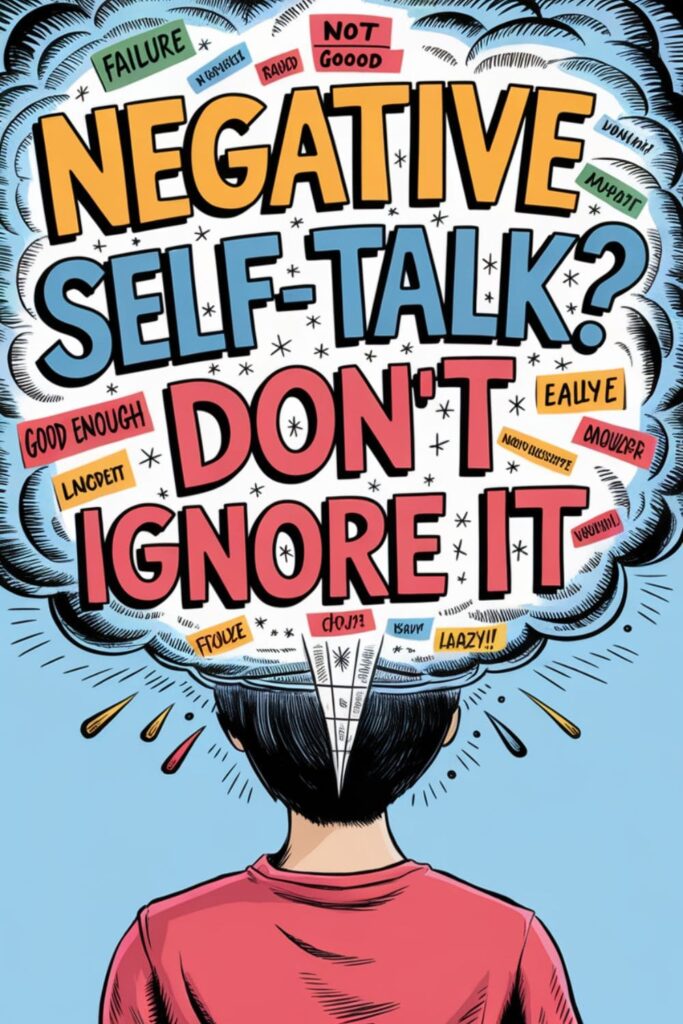
The voice inside your head has turned into a harsh critic, and your every mistake feels catastrophic, and self-doubt colors every decision.
You catch yourself engaging in negative self-talk more frequently, and the criticism seems to get louder by each day. This internal narrative isn’t just unpleasant, but is a significant indicator that your mental health is struggling.
7. You’re Experiencing Time Distortion
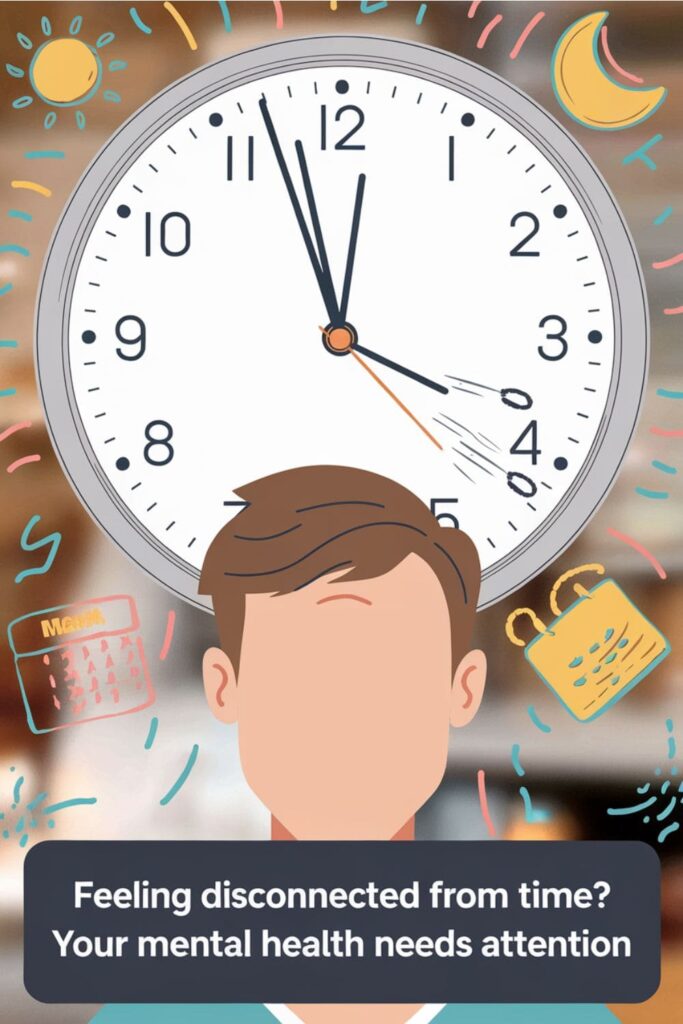
Days blur together, and you lose track of time pretty easily. Sometimes hours pass without you noticing, or five minutes feels like an eternity, this disruption in time perception often accompanies mental health difficulties.
Whether time seems to drag or fly by unnaturally, this disconnection from normal time flow can indicate depression, anxiety, or other mental health concerns that deserve attention.
8. Your Creative Output Has Changed Dramatically
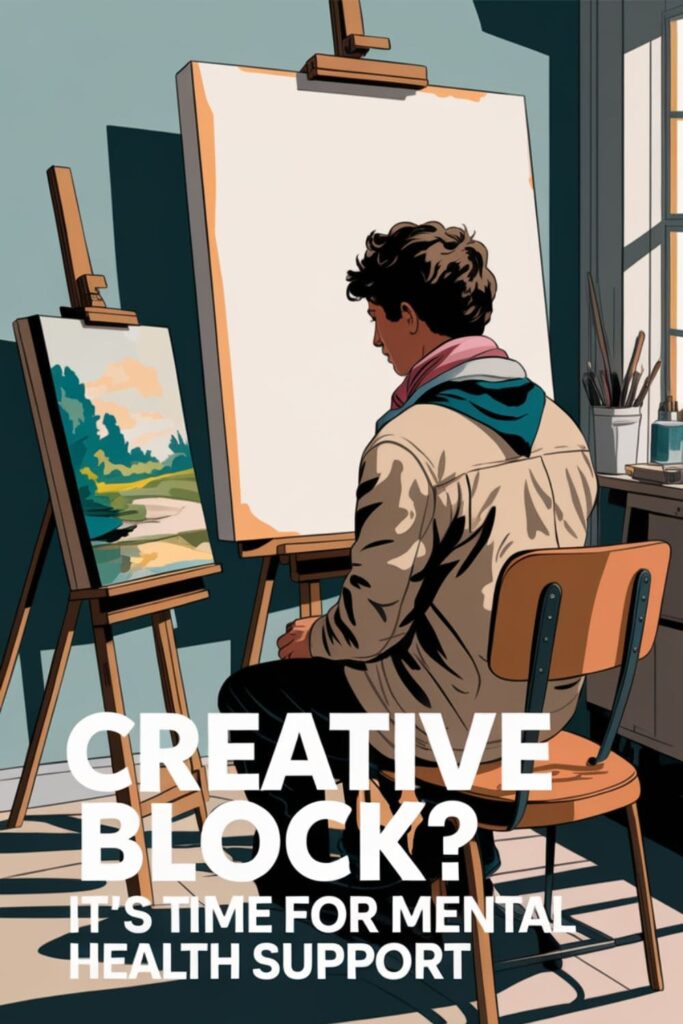
For naturally creative people, a sudden inability to create or express themselves artistically can be particularly somewhat alarming.
And, alternatively, some might experience manic bursts of creativity followed by complete creative blocks.
9. Your Relationship with Technology Has Become Unhealthy
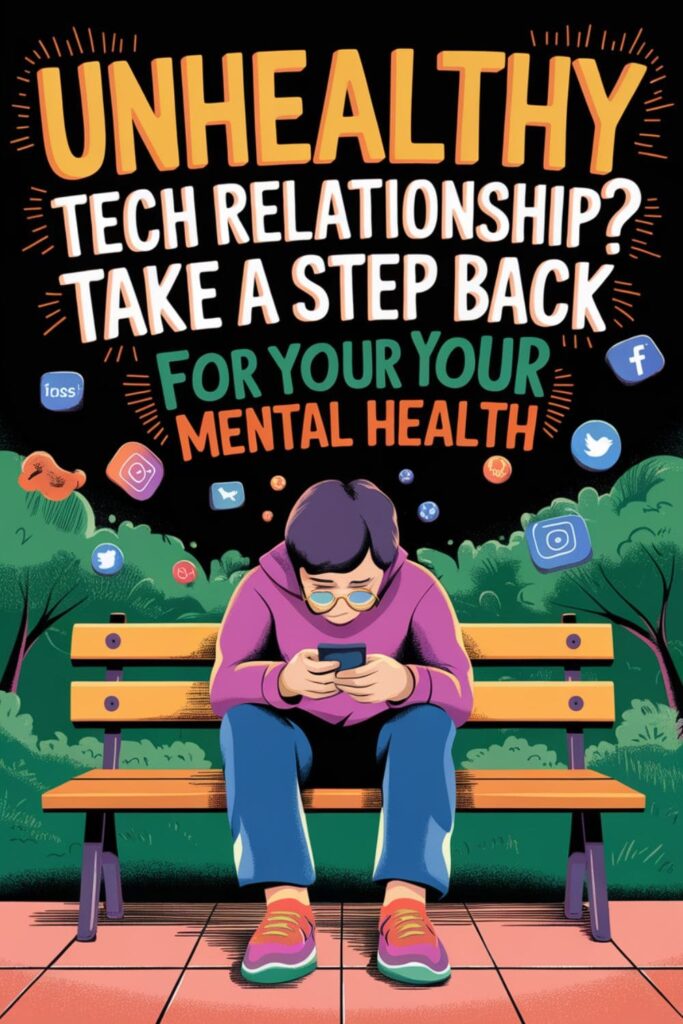
Screen time (especially mindless scrollinh) has skyrocketed, and you find yourself doom scrolling for hours. Social media might trigger intense anxiety or jealousy, yet you can’t stop checking it again and again.
Or perhaps you’re using technology to escape reality, staying up all night gaming or watching videos to avoid dealing with thoughts and feelings.
10. Decision-Making Becomes Paralyzing
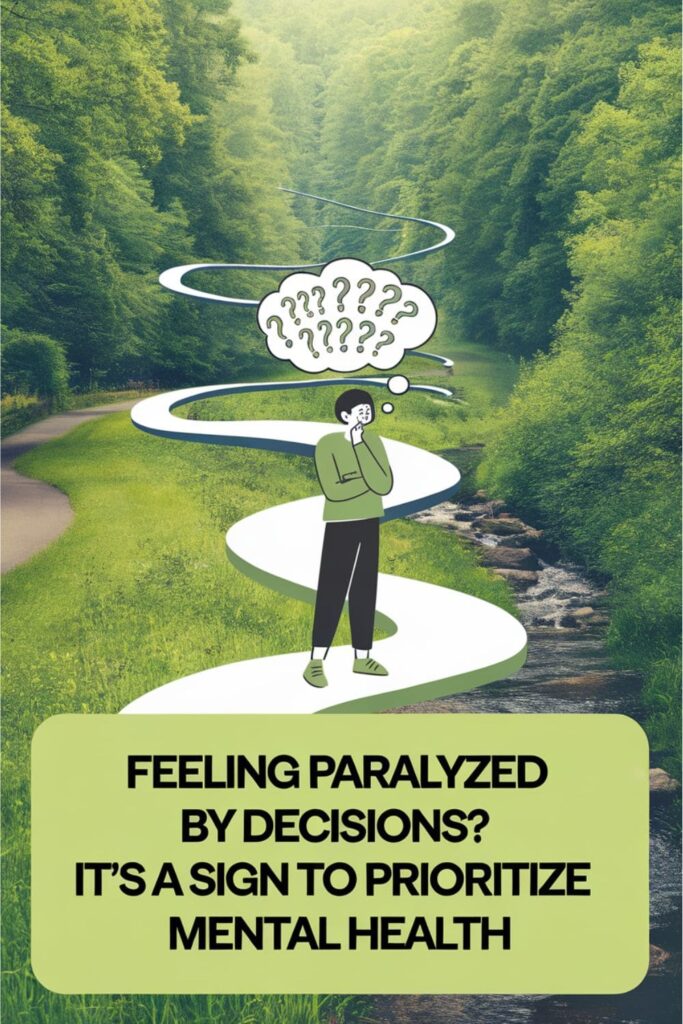
Even minor decisions feel overwhelming, like choosing what to eat for lunch or what to wear becomes an anxiety-inducing ordeal. This decision paralysis often stems from deeper mental health issues like anxiety or depression.
When you find yourself frozen by choices that used to be automatic, it’s a sign that your mental health needs support.
Related: 10 Common Myths About Mental Health!
Conclusion
As I always say, getting help isn’t a sign of weakness, but is sign of wisdom. These signs don’t always appear all at once, and you don’t need to experience all of them to justify seeking support.
Mental health care is just as important as physical health care. If you recognize any of these signs in yourself, consider it an invitation to prioritize your mental well-being.
And, always keep in mind that, you deserve to feel mentally healthy and emotionally balanced.
